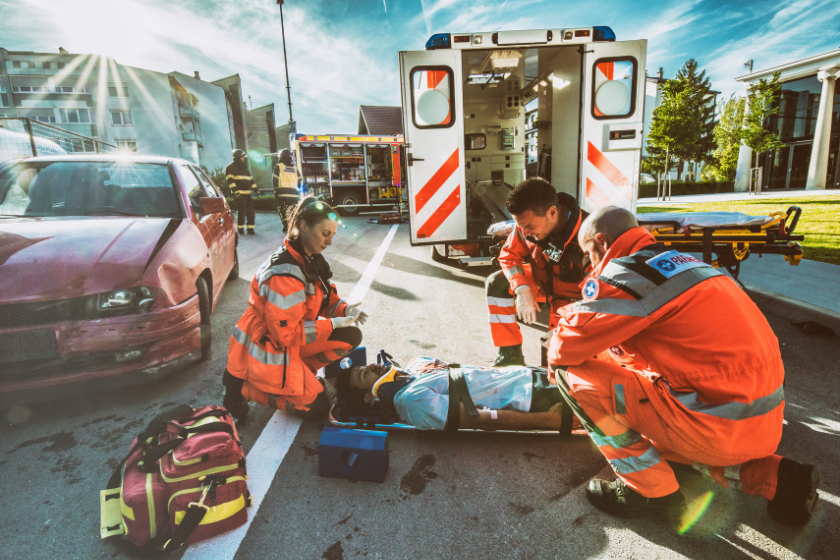


A car accident is an unplanned event that results in collisions between vehicles or between a vehicle and a fixed object, pedestrian, or animal. These accidents can vary in severity, from minor property damage to serious injuries or the death of those involved.
Using mobile phones, eating, or any activity that diverts the driver's attention.
Driving at a speed above the legal limit or inappropriate for road conditions.
Consuming substances that impair the driver's motor skills and judgment.
Adverse weather such as rain, snow, or fog that affects visibility and traction.
Issues with the vehicle, such as faulty brakes, worn tires, or steering system failures.
Disregarding stop signs, running red lights, or changing lanes without signaling.
After an accident, it is crucial to check for injuries in yourself and others involved. If there are injuries, call emergency services. If it is safe to do so, move the vehicles to a safe location, take photos of the accident, and collect contact information from witnesses. It is also advisable to inform your insurance company.
Common injuries in car accidents include bruises, sprains, fractures, head and neck injuries (such as whiplash), and back injuries. Some injuries may not be immediately evident, so it is important to seek medical attention even if you feel fine.
Symptoms of internal injuries may include severe abdominal pain, dizziness, difficulty breathing, weakness, or fainting. If you experience any of these symptoms or have been involved in a serious accident, it is essential to seek medical attention immediately for proper evaluation.
Yes, it is advisable to see a doctor even if you have no obvious symptoms. Some injuries, such as concussions or internal injuries, may not manifest immediately. A medical check-up can help detect any issues that may arise later and ensure that you receive appropriate treatment if necessary.